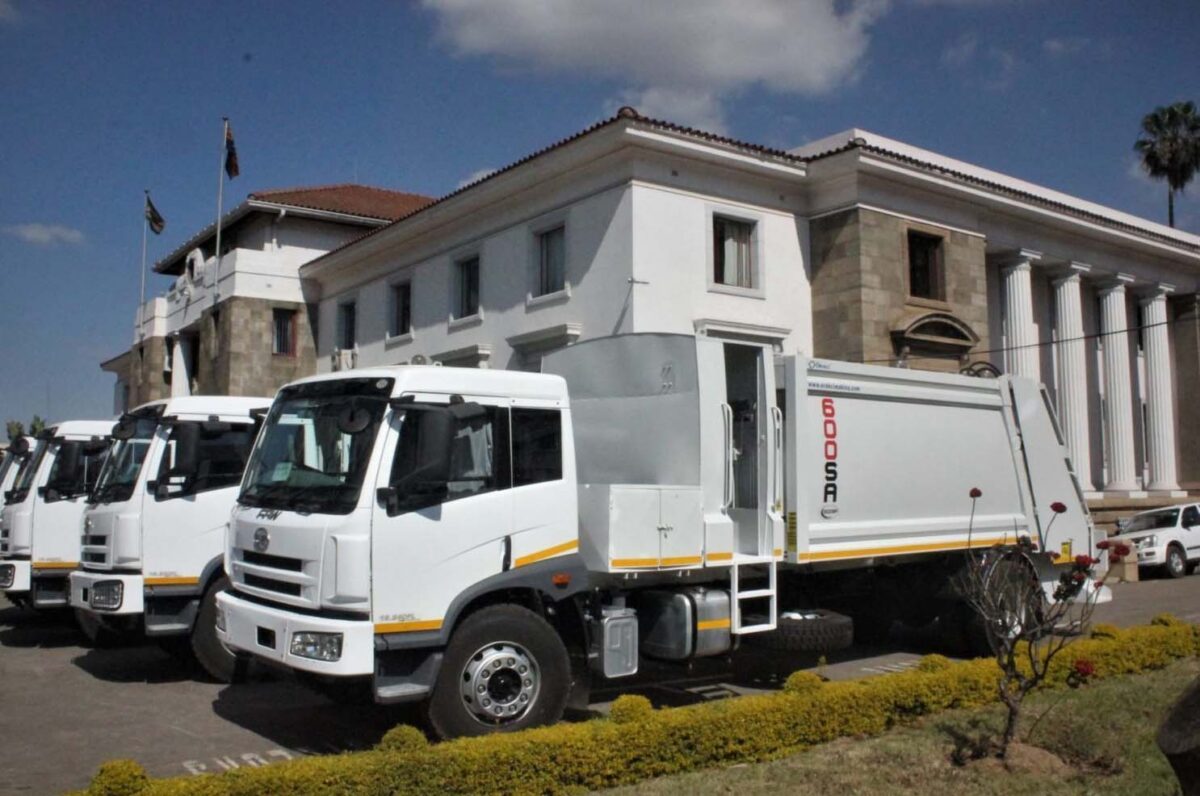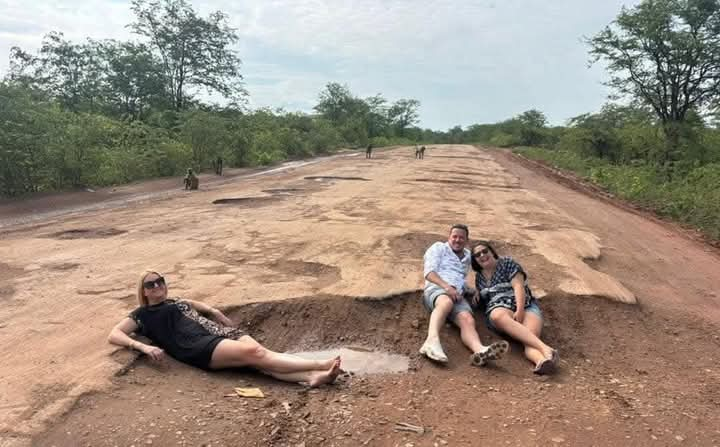HARARE – The City of Harare warned Tuesday that the government’s plan to takeover refuse collection through the Environmental Management Agency (EMA) would end in grief.
President Emmerson Mnangagwa declared a “state of disaster” in Harare on Monday citing the capital city’s failure to efficiently manage waste collection.
Its refuse collection duties will be taken over by EMA, Mnangagwa decreed in Statutory Instrument 140 of 2013.
Harare mayor Jacob Mafume told ZimLive the move was ill-advised. Instead, Mafume said Harare’s efficiency in waste collection can be improved if the government releases the city’s devolution funds which would be used to acquire more equipment.
“These attempts to control and grab authority from the City of Harare are not new. We have had ZINARA and ZESA before which have attempted to do what local authorities should be doing. We have no roads and no electricity,” Mafume said.
“EMA is a regulatory body not an implementer and they have no experience, no staff and no equipment to do what the government intends them to do. The solution to this is for us to get our devolution funds and use them to retool and buy more equipment. This attempt to direct municipalities is ill-advised and will end in more tears.”
According to Mafume, the city is only able to meet 42 percent of its door-to-door waste collection targets. The city has 18 refuse trucks in service against a requirement of 36.
“They have given us less than 20 percent of our devolution funds,” Mafume said.
The City of Harare fears Mnangagwa’s intervention is designed to ultimately lead EMA to appoint a politically connected private company to manage waste collection, with the government then diverting the city’s devolution funds to the appointed company.
The city has been resisting government attempts to hand over its Pomona dumpsite to Geogenix BV, a company linked to corrupt Albanian cartels. As part of the deal currently being challenged in court, Harare could pay up to US$320 million over the next 30 years to the Netherlands-registered company which the government wants to take over waste management services at Pomona, with dreams of a waste-to-energy power plant being built.
Mnangagwa said the government had “noted with great concern the deplorable state of cleanliness of the Harare Metropolitan Province, characterised among other things by litter and waste dumps accumulating in business and residential areas of the province, open burning of garbage and indiscriminate illegal dumping of solid waste and littering.”
“As a result of the failure to properly manage waste within the Harare Metropolitan Province, a state of disaster exists in that province with effect from the promulgation of this declaration,” the statutory instrument said.
Local government minister July Moyo said EMA would “co-ordinate the use of materials and services made available by local authorities within the Harare Metropolitan Province during the state of disaster; endeavour to remove illegal solid waste dump, by means of a range of activities including mapping, quantification and clearing of illegal waste dumps and direct local authorities within the Harare Metropolitan Province to establish appropriately designed and designated waste transfer stations.”
EMA is also expected to direct local authorities within the Harare Metropolitan Province, under its supervision, to undertake periodic refuse collection, consisting of street-by-street waste collection including sanitary lanes and to install bins in streets and public places as well as hold awareness campaigns on waste disposal.
Funding for the garbage cleaning exercise will come from the national civil protection fund, Moyo said.
















